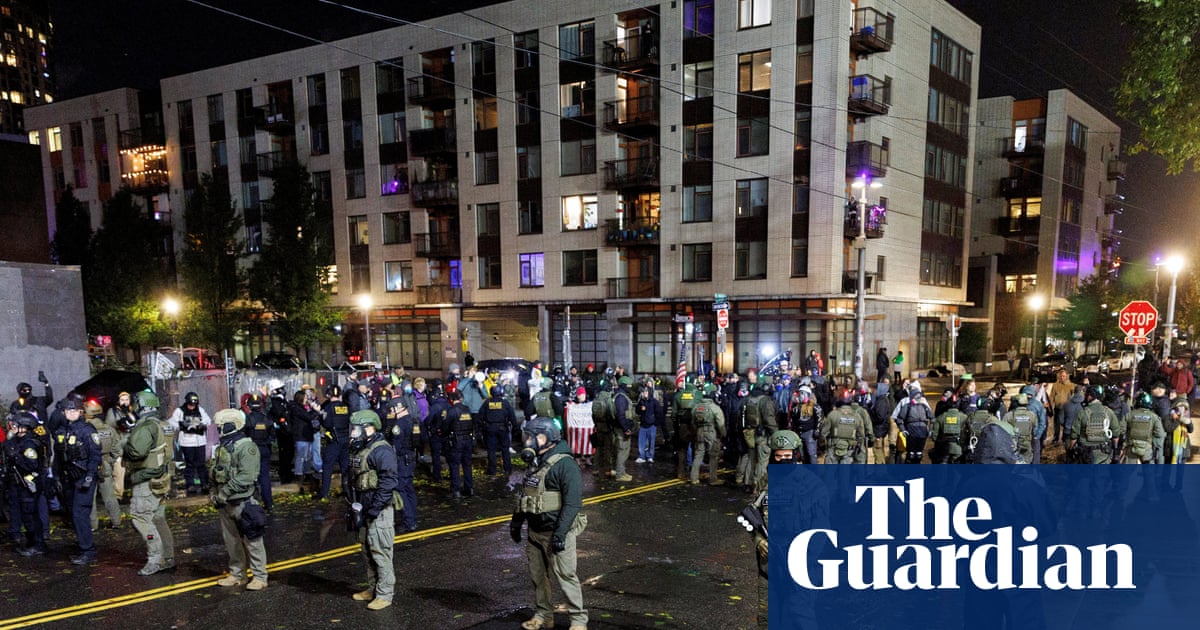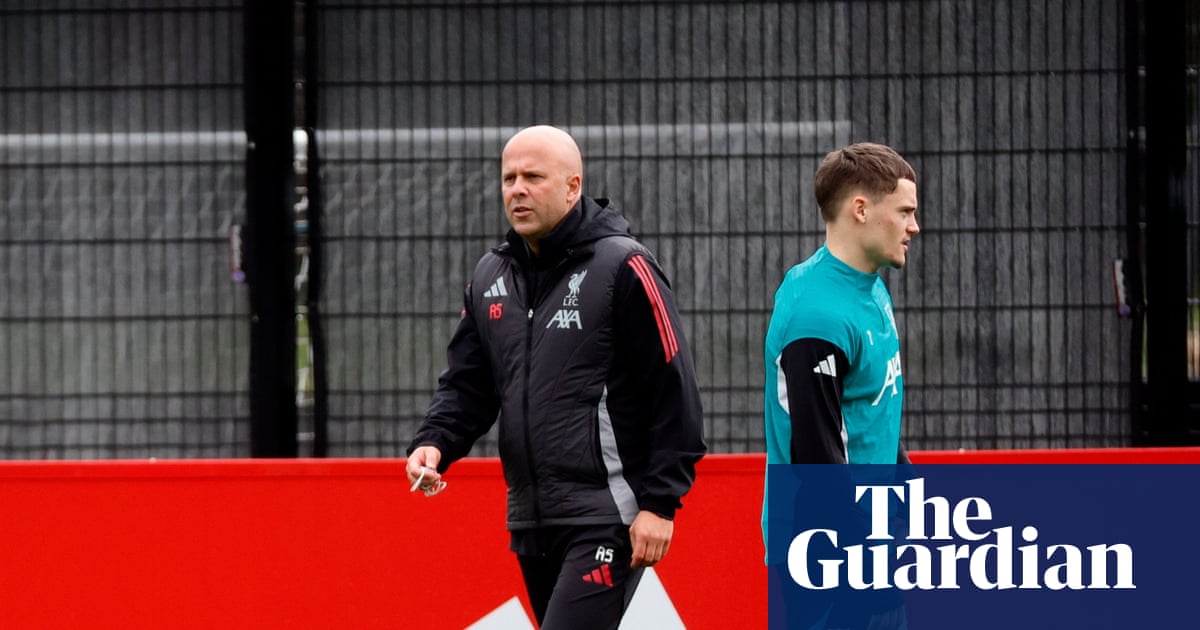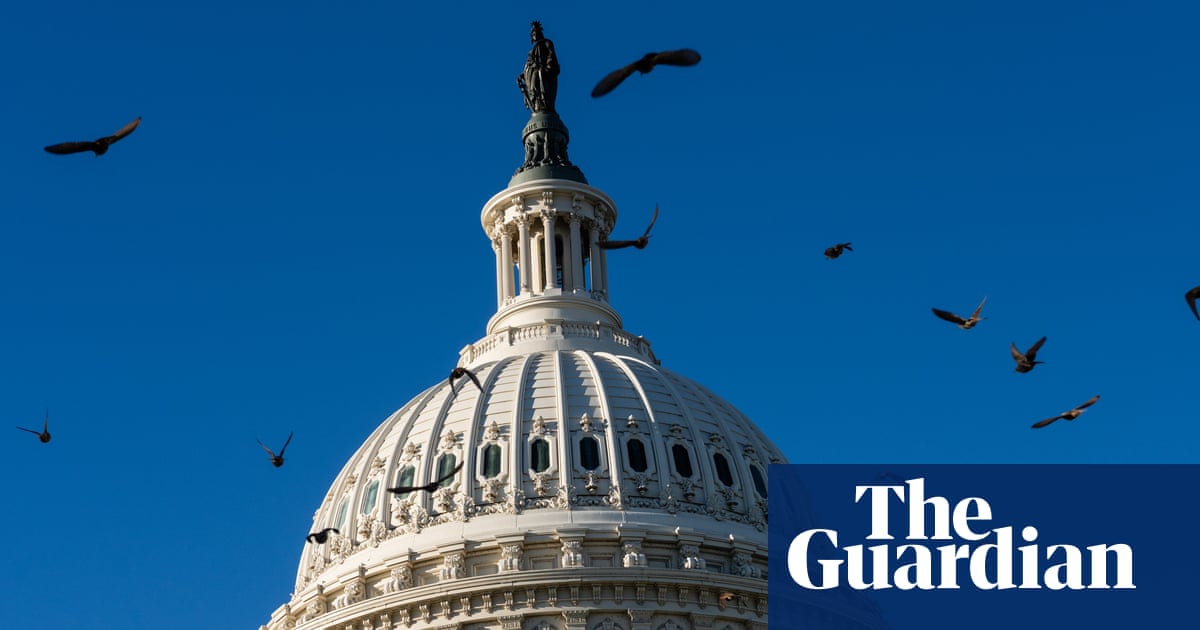“Gerrymandering!” cry those on the right. But the government’s plan for voting reform, which will allow 16- and 17-year-olds to vote in the next general election, isn’t to Labour’s advantage. Voters of this age are unlikely to favour the incumbent government they have grown up with. Though lowering the voting age was a manifesto promise, real electoral reform was nowhere in the manifesto. Real reform would mean abolishing the broken, discredited, untrusted and unsafe first-past-the-post system.
Keir Starmer often promises to put country before party. But as this year’s British Social Attitudes survey found, only 12% of people trust governments to put the country’s interest before their own party’s. Labour can prove them wrong by fixing a fragile democracy in grave danger. It needs moral nerve to admit the system that elected it – allowing Labour to win 64% of seats with just 34% of votes – lacks legitimacy. In the words of the Electoral Reform Society, the 2024 result was “not only the most disproportional election in British electoral history, but one of the most disproportional seen anywhere in the world”.
The next election threatens to be far worse, when a vote below 30% could produce an unwanted winner as five or six parties get crushed into a two-party system. Voters know they need a louder voice: for the first time, 60% of them – including 52% of Conservative voters – support the introduction of proportional representation (PR), according to polling last month. Electoral reform could be their only salvation.
This seismic shift in public attitudes has prompted some surprising shifts. Robert Colvile, head of the Centre for Policy Studies, the thinktank founded by Margaret Thatcher and Keith Joseph, writes in the Sunday Times: “I’ve always hated PR … partly because its strongest supporters tend to be the kind of muesli-eating sandal-wearers who have never had a correct opinion in their lives.” But he adds: “Cracks … have been appearing in my implacable dislike,” before concluding that electoral reform is something “we really need” to do.
Meanwhile, on the Conservative Home website, the former MP and Tory grandee Nigel Evans, after years of adamantly opposing reforms to the first-past-the-post system, now warns against “sleepwalking” into “a huge majority for one party but no real mandate”. He is calling for a royal commission to review the British voting system.
Nigel Farage may become the outlier. He has always hammered first past the post for killing off new parties – despite winning 14% of votes in last year’s election, Reform UK secured only five MPs. On the morning after the vote, Farage blasted: “Our outdated first-past-the-post electoral system is not fit for purpose and we will campaign with anyone and everyone to change this election system.”
But in May’s council elections, Reform’s 32% vote share was rewarded with 41% of the council seats up for grabs. The party also gained control of 10 councils. Now leading in the polls, Farage has spoken of an “inversion point” at which first past the post “becomes your friend”. He reckons Reform may be at that point. Expect him to now go silent on the issue (unless his ratings drop and he clambers back on to the campaign for proportional representation).
As for Labour, its 2022 conference passed a non-binding motion to introduce PR in its first term. Alan Renwick, a UCL professor and deputy director of the Constitution Unit, warns that it’s virtually unknown anywhere in the world for a governing party to introduce reforms against its own interests. But times have changed: Labour could regain trust with a country-not-party stand to prevent the perverse results it benefited from last time. The risks ahead are unprecedented. The psephologist and former YouGov president Peter Kellner has written in a number of excellent blogs that “the prospect of a democratic disaster is real”. He was no electoral reformer – until now.
Changing the voting system to prevent a Farage win could look like dirty politics. But here’s what has changed. Kellner’s historical analysis shows that British elections have always ended up with the government more people chose, even where results appeared contrary. Labour wasn’t loved, but throwing out the Tories was the priority shared among most voters. Should Farage become prime minister, Kellner writes, “for the first time in living memory, the country is likely to have a government that most people really don’t want”. Reform scores first as the party that voters would never support.
Farage is the leader whom most people want the least. Starmer is preferred by 44% of people when set against Farage, with the Reform leader backed by 29%. Yet despite Farage’s unprecedented unpopularity, he could become prime minister with a 29% share of the vote. At this crisis point, it would be an unforgivable dereliction of duty should Labour fail to act.
A proportional system gives fair seats for fair votes: there’s no need to delve into the complicated mathematical formula of the de Hondt method to prove that. Kellner calls for the simplest safeguard against the most unpopular choice winning, the alternative vote, which is not a form of proportional representation but how all parties select leaders and candidates. Instead of marking an “X” next to their preferred candidate, voters rank candidates in order. If none of them top 50%, the candidate with the fewest votes is eliminated and their votes are reassigned according to the second preferences expressed on the ballot papers. The process continues until one candidate receives more than 50% of the vote and, as the least hated, is declared the winner. Labour would have won the last election using this voting system, but not with a landslide. Alternative voting can be introduced instantly and doesn’t ask MPs to vote for a system that would put their seats in jeopardy. Politically, it discourages extremism, because every party seeks other parties’ second preferences.
Kellner would introduce it now with a referendum only after people had tried it at the next election. Labour has the muscle, but does it dare act? The 2011 referendum on alternative voting was a fiasco, in which Dominic Cummings cut his Brexit teeth with a campaign of breathtaking mendacity. The government would certainly get overwhelming support for a royal commission consulting widely and reporting fast. They must act now, before our broken system causes a democratic calamity.
-
Polly Toynbee is a Guardian columnist

 3 months ago
140
3 months ago
140

















































